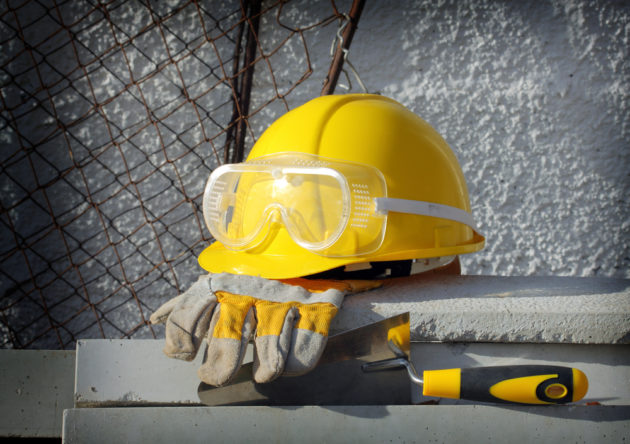
Concrete Equipment: Rent vs Buy
When it comes to costs for a construction business, equipment is one of the first things you need to think about. From mixers to pourers and everything in between, concrete construction requires a lot of heavy-duty equipment to even reach a baseline in terms of providing services. This puts a lot of new concrete companies in a bind. How do they buy all the equipment that they need to get customers in the first place? As a counterpoint, we should consider the fact that you may not need to buy concrete equipment at all. Renting is growing more and more popular, to the point where there’s a debate about whether you should rent or buy. Let’s look at the main points behind each one.
Table of Contents
The Argument For Renting Concrete Testing Equipment
First, let’s talk about the potential benefits of opting for concrete equipment rental. Perhaps the largest reason that people would want to rent their concrete equipment is the upfront cost. Depending on the piece of equipment you want, you could be paying tens of thousands of dollars for one purchase. If you’re trying to equip a fleet of vehicles for a large job, things can get cost-prohibitive pretty quick.
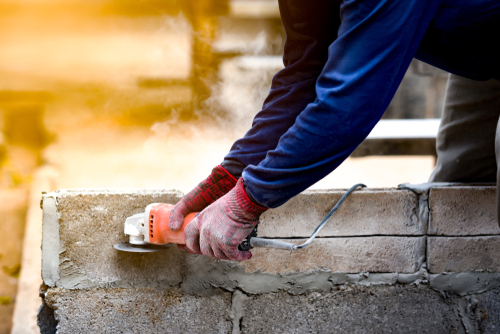
While renting only lets you have the equipment temporarily, it’s at a fraction of the cost. This means that if you are renting a piece of equipment for one job, you instantly make the job far more profitable. Many companies also offer renting rates by the day, week, and month, so you don’t need to pay for any longer than you need.
Another major point in renting’s favor is that it allows your company to be a lot more versatile. What this means is that when you buy a piece of equipment for your concrete company, you’re likely not going to be buying another one of that same type for a while. This means the services you offer are limited to what your equipment suite can provide. However, if you opt to rent, you have a lot more financial flexibility. You can rent that specialized piece of equipment to take on a unique task for a client. Along with this, renting also means that you always have the latest equipment at your disposal. Some concrete companies have to pass over certain jobs simply because their equipment isn’t up for the task.
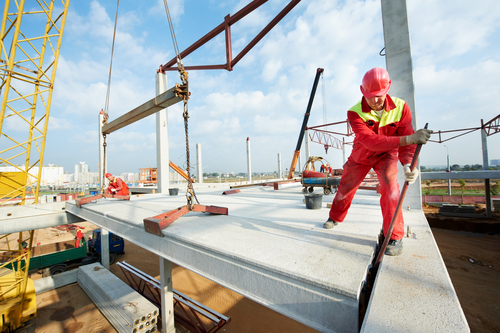
The Argument For Buying Concrete Grinding Equipment
In the same vein that you save money upfront by renting, you save money over time by opting to buy your concrete equipment. Your average rental payment, on a monthly basis, is going to be more than a loan payment for a piece of equipment or even a lease. Think of it as a premium for the convenience of getting what you want, when you want.
In addition, buying gives you complete control over how the equipment is used. Some rental or leasing companies may put restrictions on how much you are able to use the piece of equipment or what type of jobs it can be used for. This is designed to protect their investment, but when you buy, you are able to use the equipment in whatever manner is best for your company.
One other major point that doesn’t get discussed is the tax benefits of buying your construction equipment. While this will vary based on the nature of your company and the tax regulations on the books, you can generally make some form of business deduction for purchased equipment. For renting, you may not have this option, or the deduction may be far smaller.
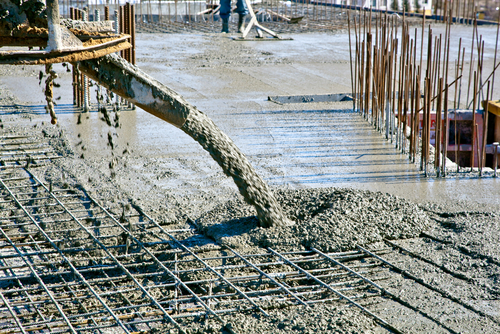
Finally, repeatedly renting the same piece of equipment over and over not only costs you far more but can be a bit of a logistical headache as well. You need to talk to the rental company for either an extension or a new rental and transfer the equipment back and forth. This can hurt your ability to get certain jobs done.
What Option Is Best For Your Concrete Equipment Supply Plan?
So, how do you figure out what’s best for concrete construction equipment? The first thing we need to mention is that you don’t have to exclusively buy or rent your equipment options.
Perhaps the most important point in this regard is your existing capital. Even if buying is an appealing idea for you due to the reasons we mentioned above, if buying a piece of equipment would put your cash flow at dangerous levels, then you don’t want to take that step just yet. Temporarily renting while you accumulate capital to allow for buying is a very feasible idea.
In addition, you also need to consider the time you have available for equipment upkeep. If you buy something outright, you’re a lot more responsible for it in terms of maintenance and insurance. With renting, while you still need to do the basics here, the company that you’re renting from is going to shoulder a fair amount of that responsibility too. If you find you’re juggling a lot of projects during a certain season or period, renting to fill out this time may make more sense.
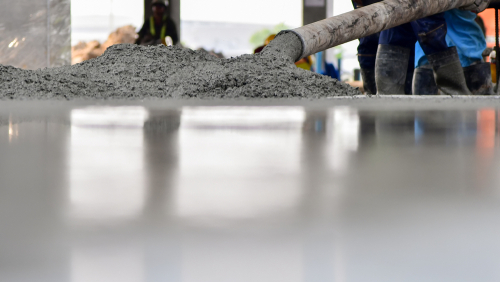
When debating renting or owning concrete-pouring equipment, remember to be mindful of statistics on your past equipment usage. Are there certain pieces of heavy concrete equipment that see heavy usage? These may be a better candidate for buying. Are there some you need every now and again for a specific task but not as a part of every job? That one you may want to rent on demand.
However, you won’t be able to figure this out without data on your equipment usage, and that’s where project management software like eSUB comes in. Chart when and where your equipment is being used so you can get a full picture of what matters most to your business. This helps you prioritize what you may want to buy versus rent in terms of concrete testing equipment and other items.